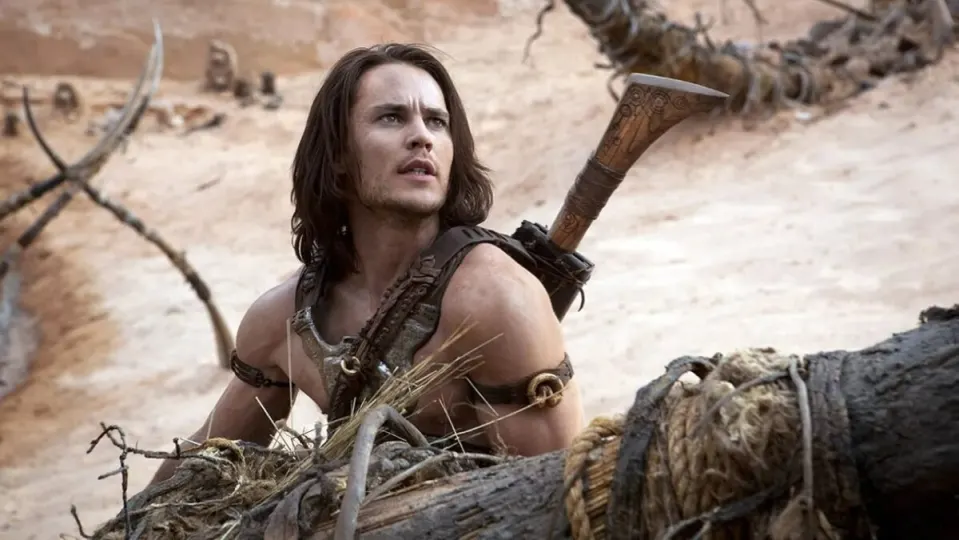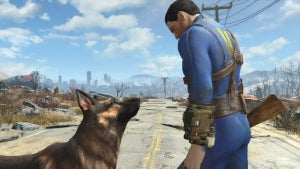It’s common for Hollywood to be synonymous with success. When a movie is produced by one of the major film studios in the United States, the numbers lean towards optimism. But, like any business, it has its gray areas.
Today we’re discussing seven projects that were meant to lead new film franchises and ended up being absolute failures, getting canceled and scrapping the idea of creating a franchise around them.
Many of these movies aren’t bad; some even pass the critics’ filter with good ratings. But a movie’s quality is one thing, and box office numbers are another. And it’s the latter that rules.
Without further ado, let’s delve into the seven major Hollywood projects that ended up being canceled after their release and forgotten by the general audience. Surely, a few producers had to step back due to some of these.
The Biggest Flops in Hollywood History
The Golden Compass (2007)
“The Golden Compass” was an adaptation of the first book in Philip Pullman’s trilogy, and the original plan was to adapt all three books for the screen. The movie faced problems even before its release, as religious organizations opposed its themes, leading to several changes and deviations from the original material.
When “The Golden Compass” didn’t meet box office expectations, discussions about sequels were downplayed. However, the global recession of 2008 was the final nail in the coffin, and the studio, New Line Cinema, officially canceled the series due to financial issues.
The Last Airbender (2010)
M. Night Shyamalan’s live-action adaptation of the beloved Nickelodeon series, “Avatar: The Last Airbender,” was an unfortunate disaster from start to finish.
The first problem was trying to condense the 20 episodes of the first season into 104 minutes. The second was a miscast, with white actors portraying characters of Asian influence. The third was a poorly constructed and uninspired script.
Although Shyamalan had outlined plans for a second movie, it never materialized. Instead, “Avatar: The Last Airbender” is being reborn as a live-action series by Netflix set to premiere in 2024.
Green Lantern (2011)
“The Green Lantern” was originally planned as the start of a DC movie series, with director Martin Campbell even discussing sequel plans before the film’s release.
However, the movie, starring Ryan Reynolds, was unpopular with audiences and criticized for poor character development, mediocre visual effects, and for not capturing the complex mythology of the Green Lantern universe in the comics.
Following these negative reviews and a disappointing box office performance, Warner Bros. abandoned plans for a sequel.
John Carter (2012)
Known as one of the biggest box office flops of all time, at one point, there were significant plans for John Carter to be the first in a trilogy based on Edgar Rice Burroughs’ Barsoom novels.
The science-fiction movie, about a Civil War veteran transported to Mars, suffered from a disastrous marketing campaign that failed to address the audience’s lack of familiarity with the character of John Carter.
The failure of John Carter, one of the most expensive movies in history, resulted in a $250 million loss for Disney and the abandonment of plans for sequels.
The Lone Ranger (2013)
“The Lone Ranger” was based on an American outlaw character that first appeared on a Detroit radio show in 1933.
Starring Johnny Depp as Tonto, the Native American companion to the titular character, the movie was marred by controversy even before its release due to Depp’s casting, although he claimed to have Native American ancestry.
With an exorbitant budget of at least $225 million and additional marketing costs of $150 million, “The Lone Ranger” was a failure, leading to the cancellation of prior plans for the movie to become a new franchise.
Assassin’s Creed (2016)
Due to the established Assassin’s Creed video game series, Paramount Pictures and New Regency studios intended for the sci-fi dystopian film “Assassin’s Creed,” starring Michael Fassbender, to serve as the starting point for a new cinematic franchise.
Two additional sequels were planned, and director Justin Kurzel even expressed a desire to explore the Cold War in a continuation. However, due to the film’s negative reception and Disney’s acquisition of Fox, the sequels were canceled in 2019.
The Mummy (2017)
The reboot of “The Mummy,” starring Tom Cruise, was initially meant not only to revive the long-dormant Mummy franchise but also to act as the genesis of an entirely new cinematic universe based on Universal’s classic monsters.
This reboot introduced Russell Crowe as Dr. Jekyll and Mr. Hyde, whom Universal Pictures hoped could later lead his own spin-off movie. A film for “The Bride of Frankenstein” featuring Angelina Jolie was also slated for 2019 as part of what was to be called the Dark Universe.
The negative reception of “The Mummy” and its attempts to kickstart this Dark Universe led to the cancellation of this plan, prompting Universal to refocus on standalone movies.


